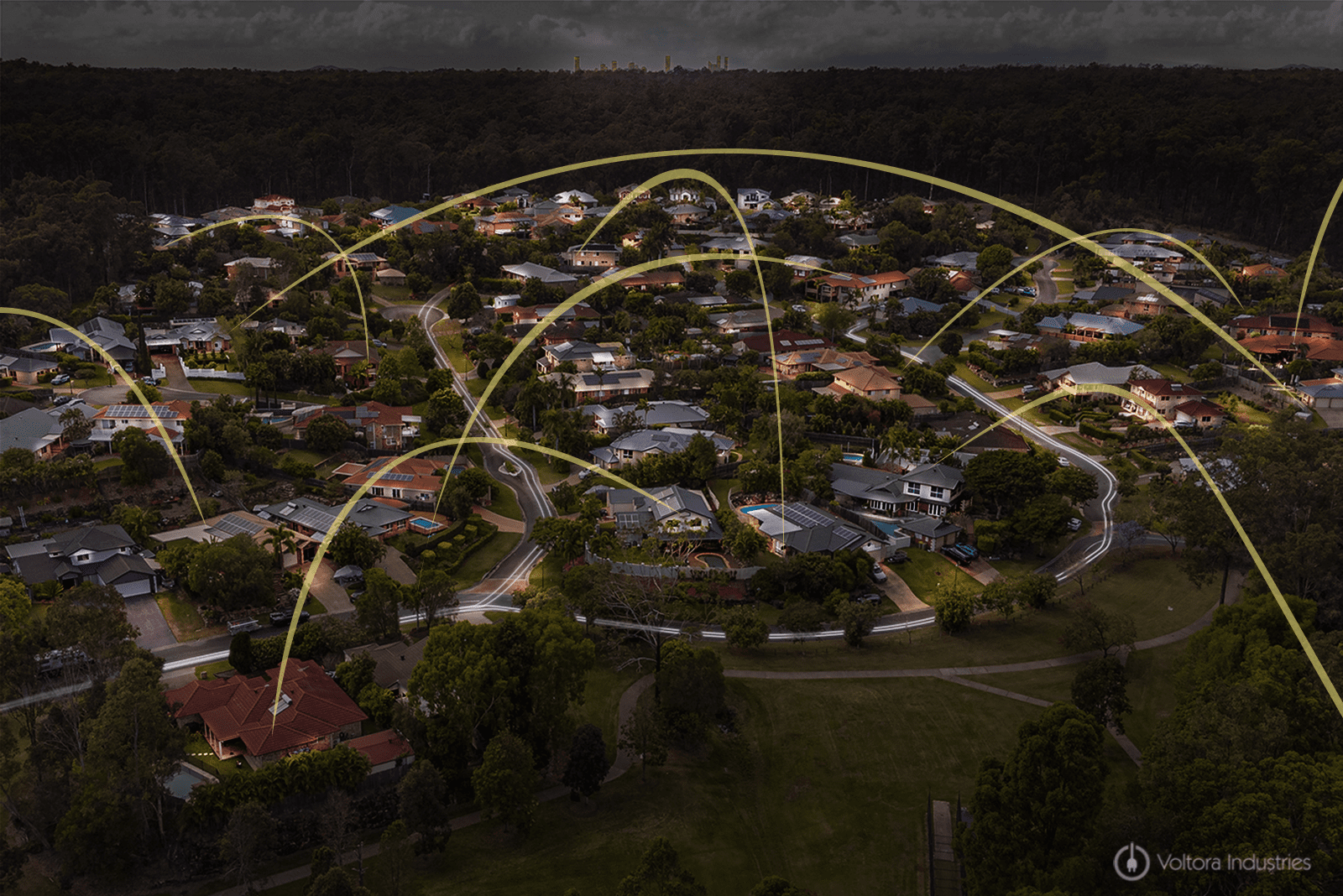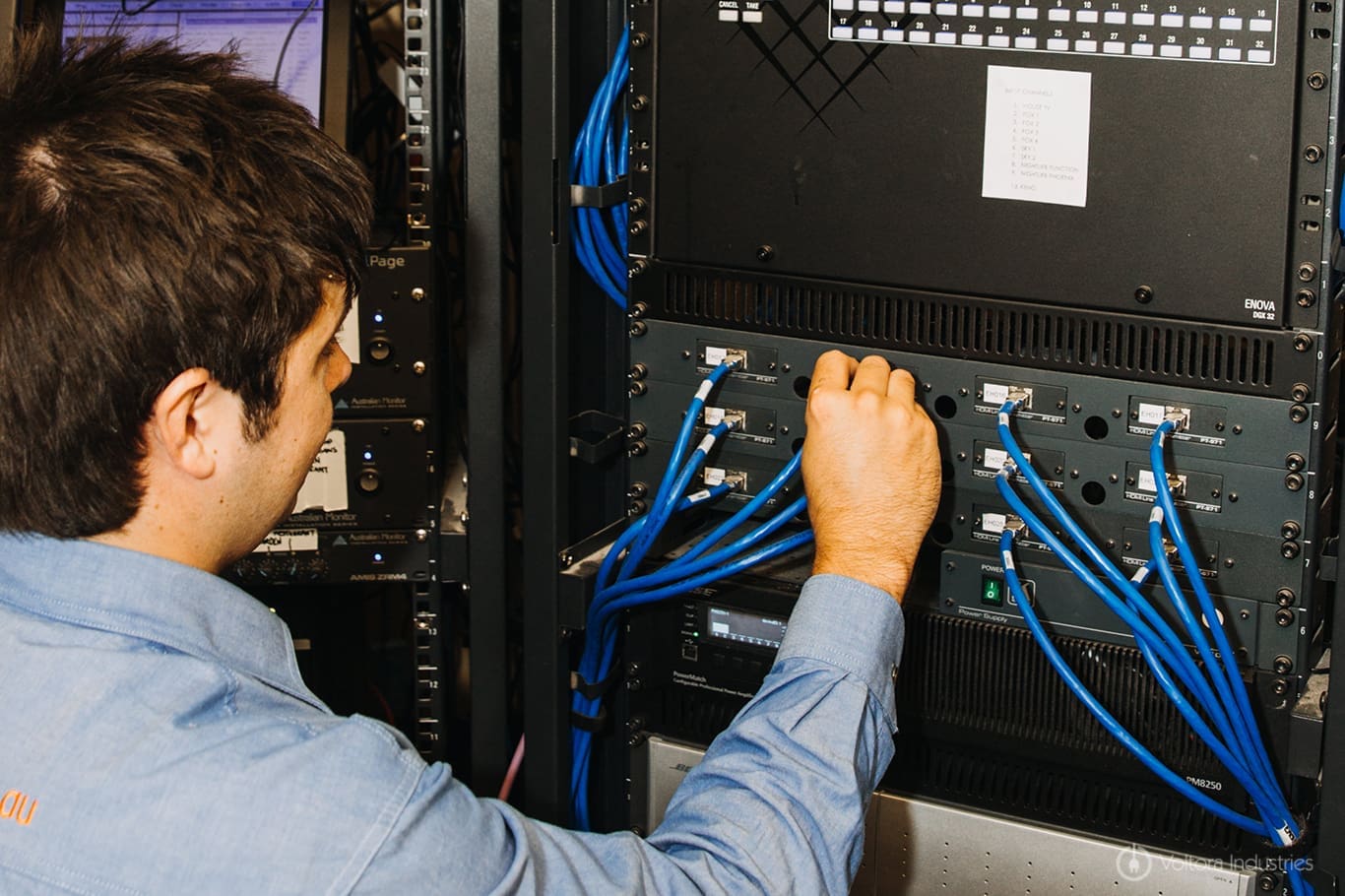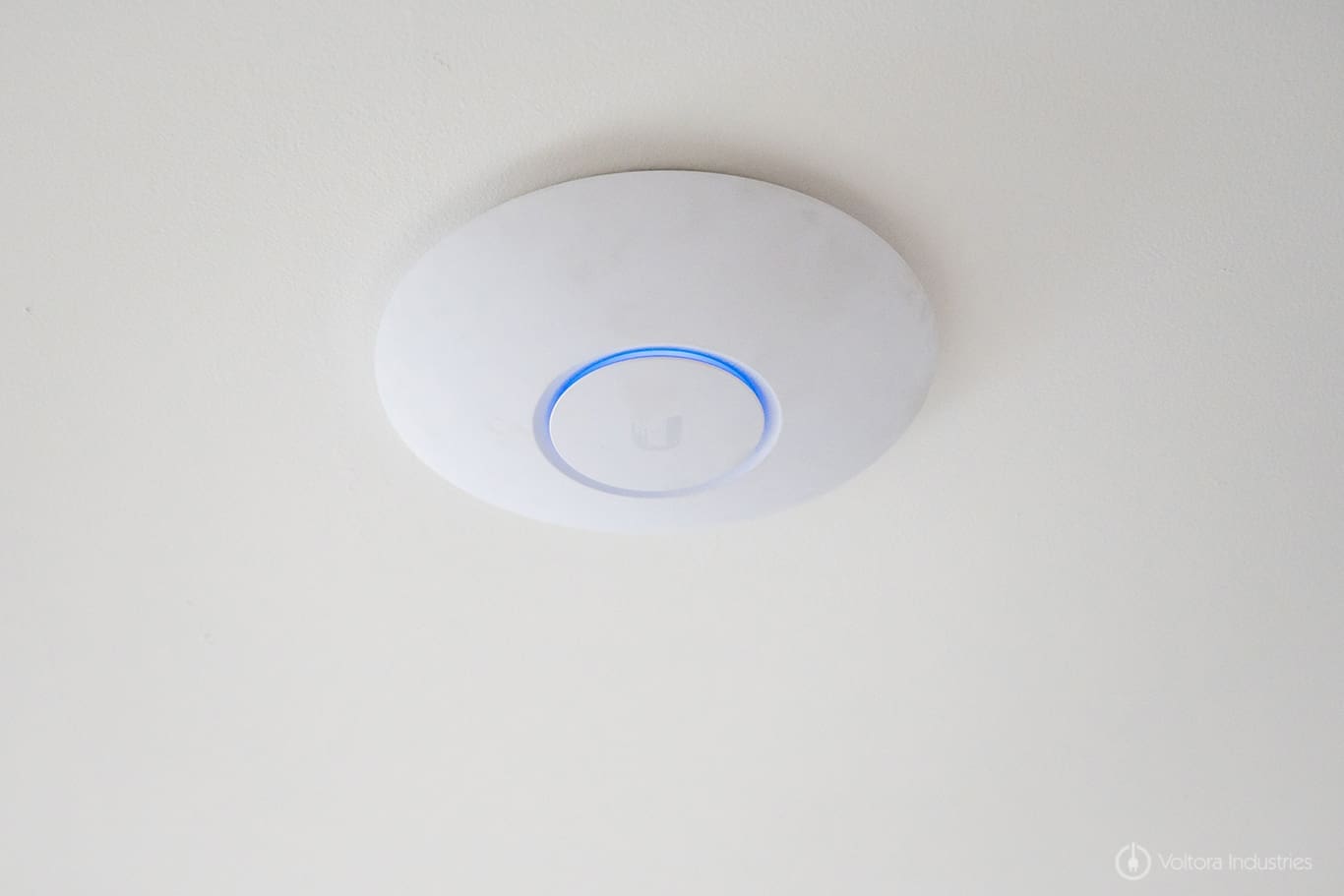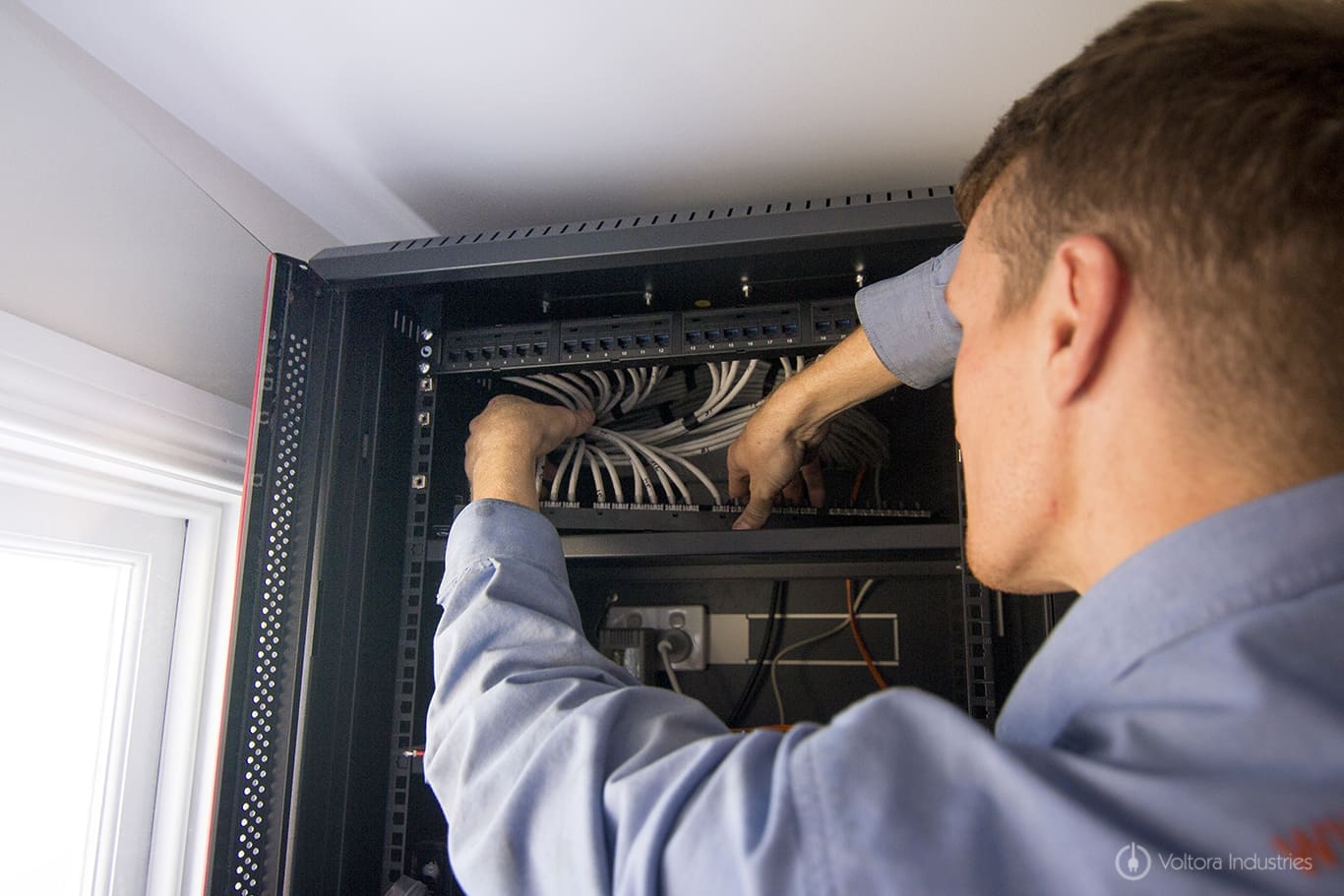
In today’s digital age, data is an essential asset for both homes and businesses alike. With the rapid growth of technology and the internet, having a reliable data infrastructure and networking system is critical for the efficient exchange of information. So, let’s explore the importance of data infrastructure and networking, and how it can benefit both homes and businesses.
What is Data Infrastructure?
Firstly, what is Data Infrastructure? Data infrastructure refers to the physical and virtual resources that are required to manage, store, and process data. These resources include hardware, software, network infrastructure, and data centres.
Data Infrastructure for Home
The need for having a robust data infrastructure at home is more important than ever as technology advances with smart devices and the Internet of Things (IoT)*. Infallible data infrastructure for the home should include high-speed internet connectivity and a robust local area network (LAN) that connects all devices in the home. This infrastructure can be achieved through the use of high-speed broadband, fibre optic cables, and wireless routers. In addition to this, cloud storage and backup systems can also be utilised to ensure the security of personal data, photos, and other essential files.
There are many benefits to having data infrastructure in the home, such as streaming high-quality video, playing online games, and accessing information from any device, anywhere in the house. In addition, it can also enhance home security by allowing the use of smart home security systems and remote monitoring.
Data Infrastructure for Business
The reliability of data infrastructure is key to a business’ success. The infrastructure should include fast, secure, scalable connectivity between various business locations, data centres, and the cloud. By implementing an innovative data infrastructure, businesses will be able to communicate more efficiently, transfer data faster, and increase productivity.
A well-designed data infrastructure can also enhance the security of the business’s data. This can be achieved using firewalls, intrusion detection systems and virtual private networks (VPNs), which help to prevent unauthorised access to company data.
What is Networking?
Networking refers to the communication between computers and other devices in a network. A robust networking system is crucial to ensure that data can be shared efficiently and securely.
Networking for Homes
Networking systems for homes are designed to connect devices to the internet and each other, allowing for the efficient exchange of information. A home network can be wireless, wired or a combination of both, depending on the needs and preferences of the user/s. A wireless network is the most common in homes, as it provides flexibility and convenience in where devices are used or placed.
Networking systems for homes can also include the use of WiFi extenders or mesh networks to increase the range and strength of the WiFi signal. A defined networking system allows for easy access to the internet and other devices from anywhere in the home.
Networking for Business
Networking systems for businesses are designed to connect various locations and devices, allowing for seamless communication and data exchange. These systems should be reliable, secure and scalable to meet the changing needs of the business.
A business network infrastructure should include the use of routers, switches, firewalls and other networking devises to ensure efficient data transfer and security. Also, the use of software-defined networking (SDN) and network function virtualisation (NFV) can help to optimise and automate network functions, further improving the efficiency and security of business operations.
Both businesses and homes need a dependable data infrastructure and networking system to thrive in the digital age. The benefits of having an intelligent infrastructure and networking system include increased efficiency, productivity, and security. Any business or home looking to improve their digital capabilities should consider investing in a robust data infrastructure and networking system – and Voltora Industries are here to help. Speak to one of our experts today!
*The Internet of Things (IoT) refers to the network of physical devices, vehicles, buildings, and other objects which have sensors, software, and network connectivity, enabling them to collect and exchange data.
Lets get started




